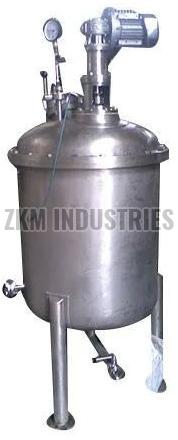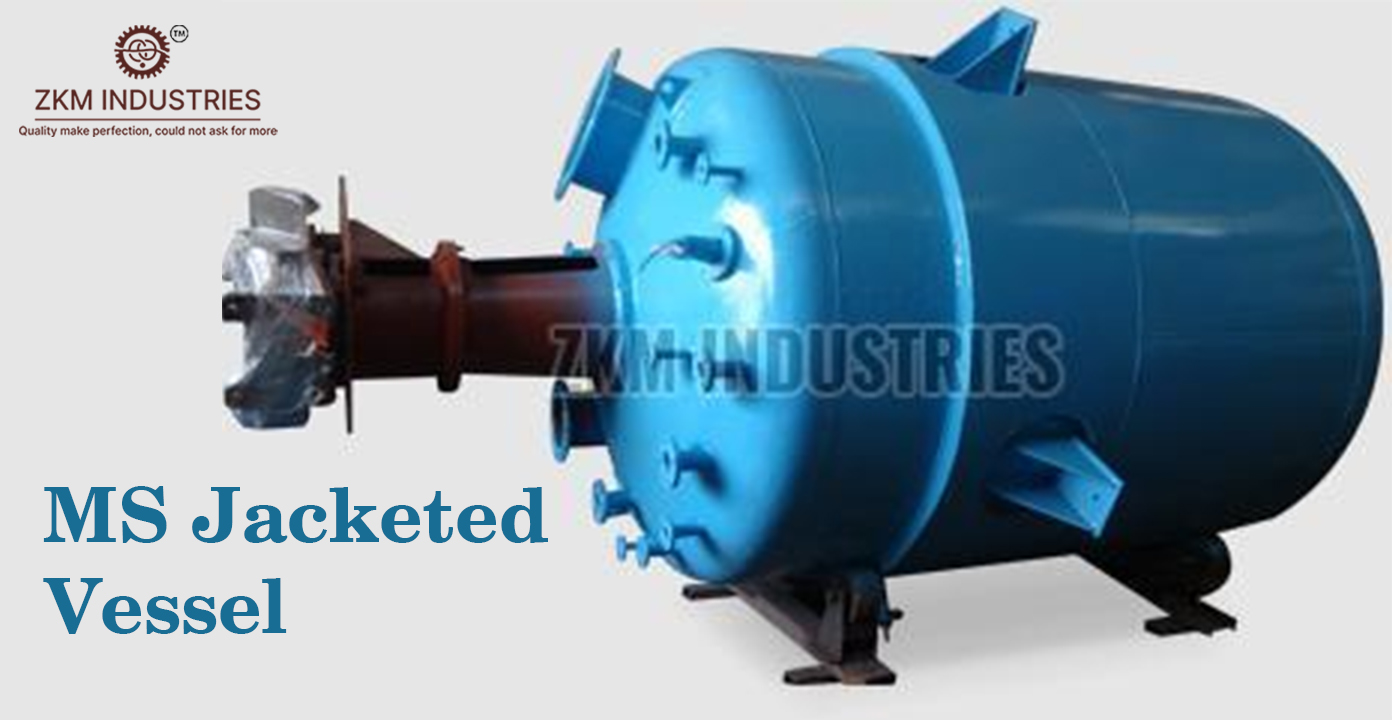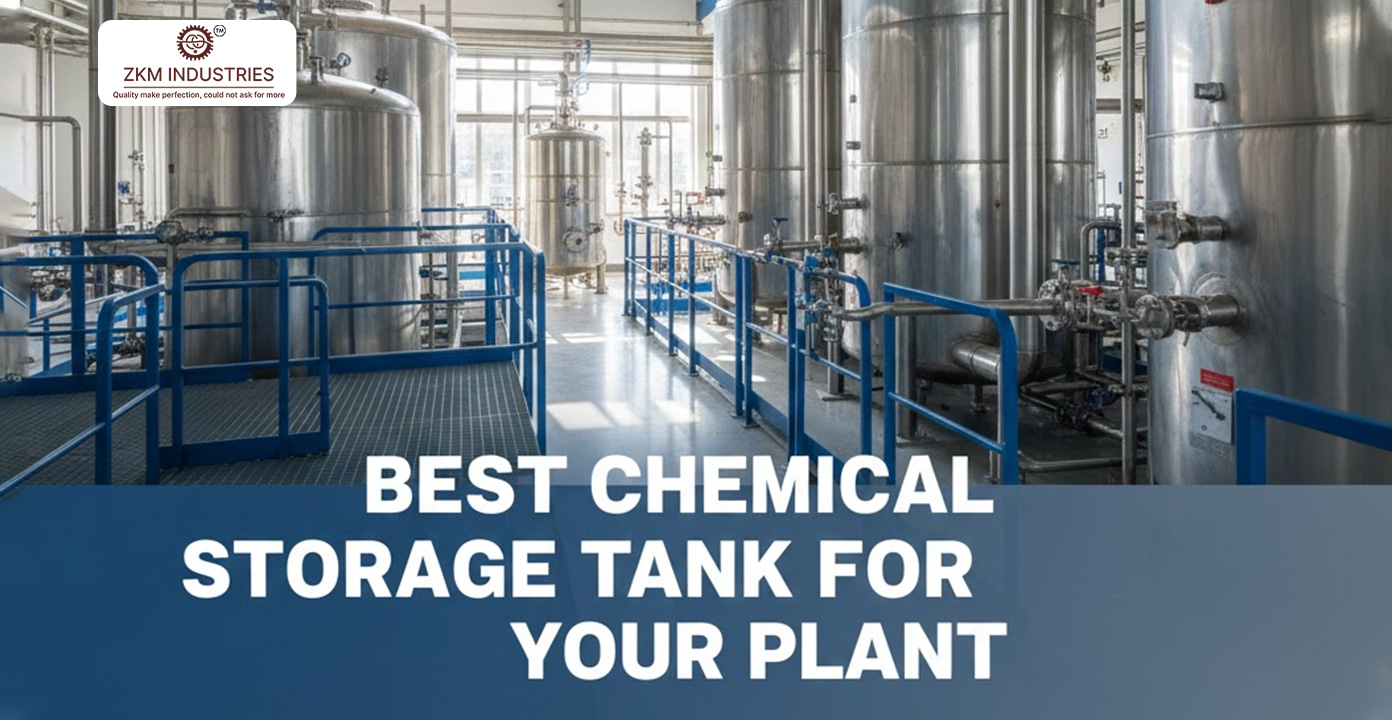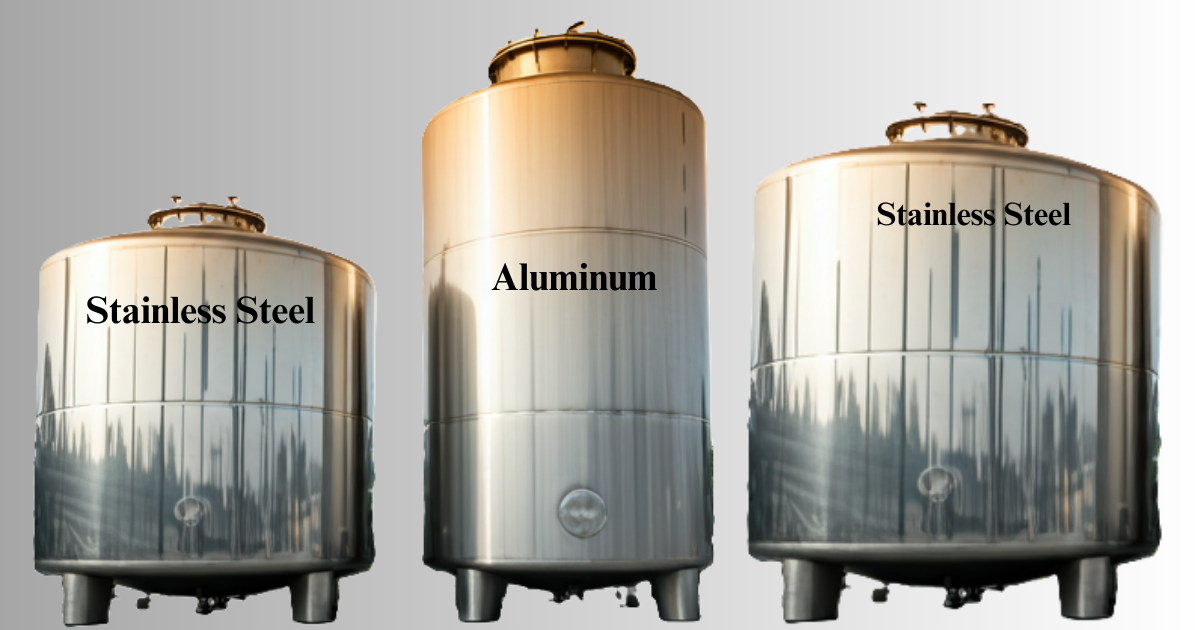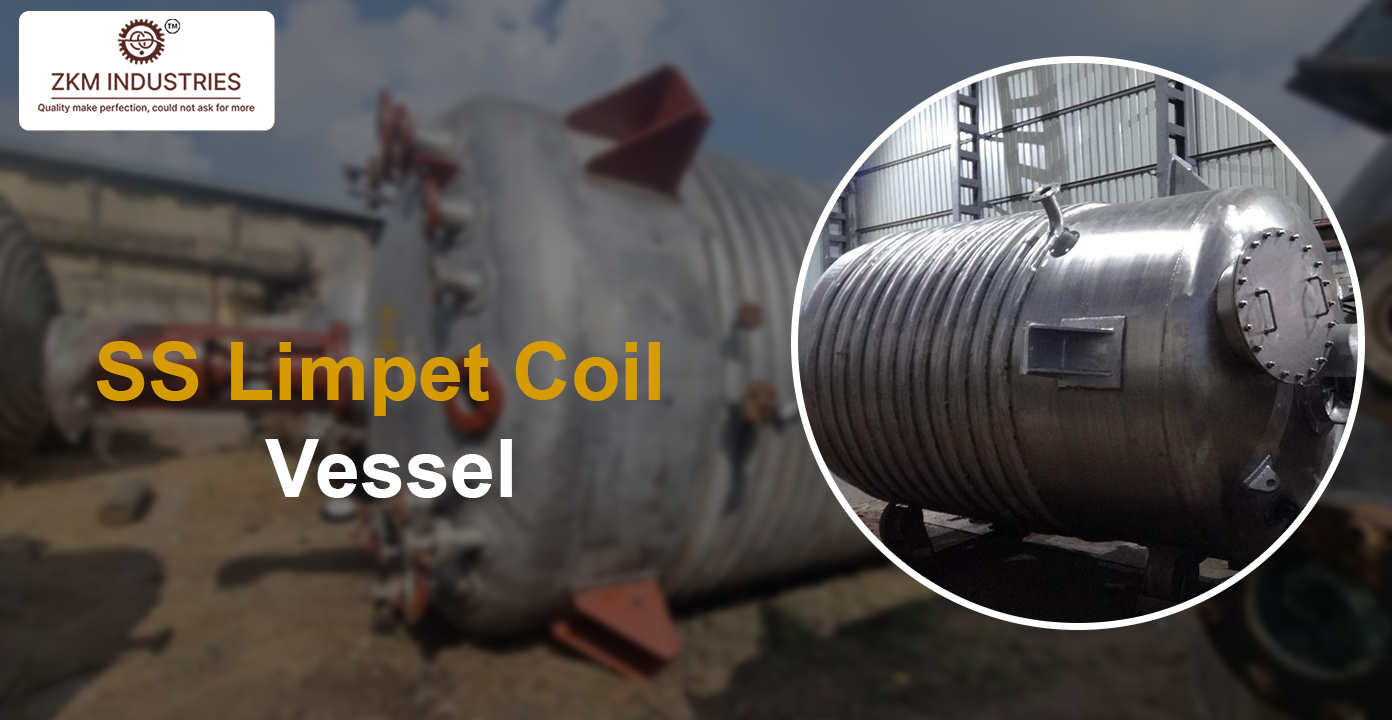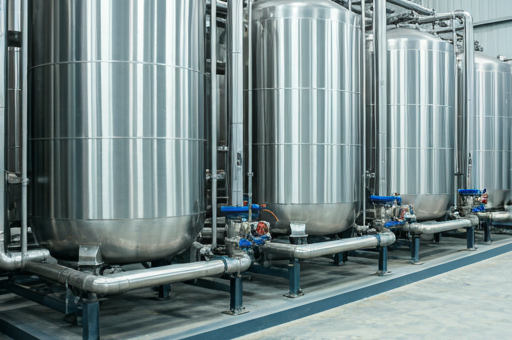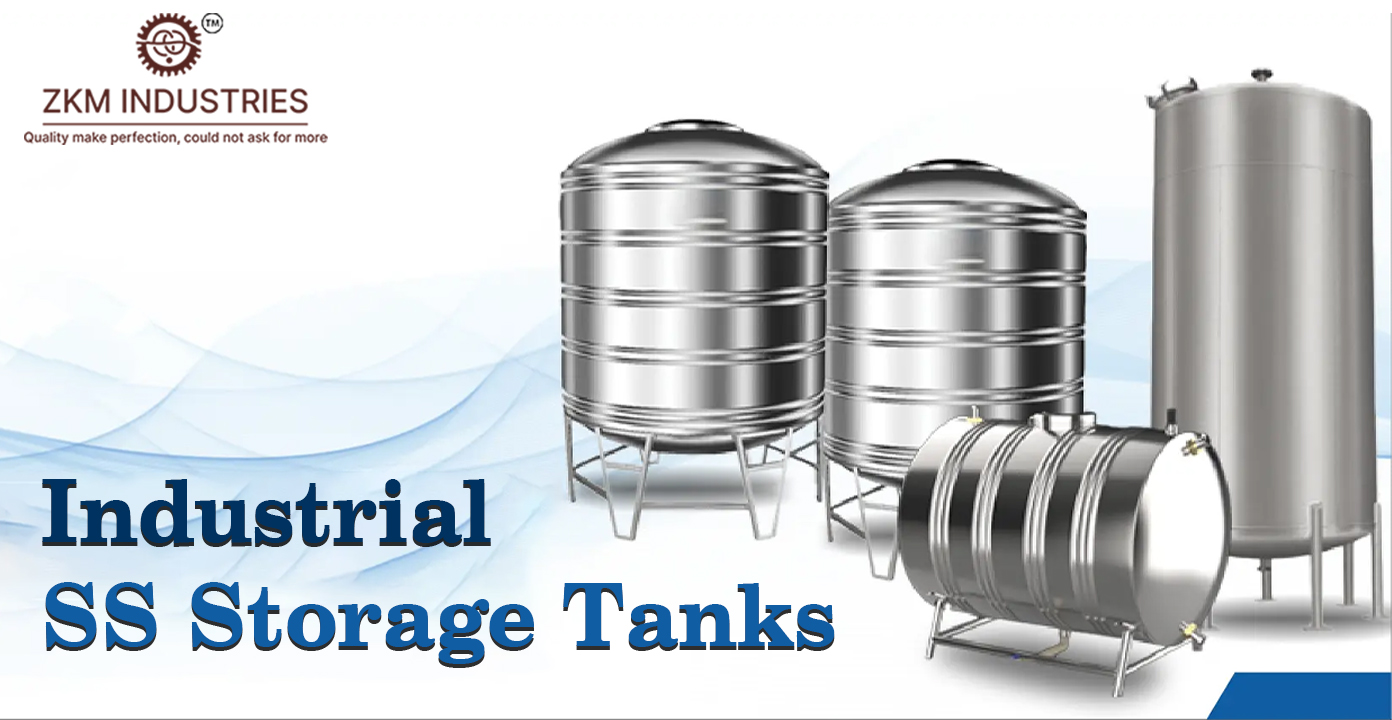
- 16 Jul 2025
Boost Production and Reduce Thermal Loss with Properly Designed Jacketed Vessels
In today’s competitive industrial landscape, efficiency and thermal management stand as pillars for successful production processes. Properly designed jacketed vessels play a crucial role in optimizing heat transfer, maintaining product quality, and reducing energy consumption. At ZKM Industry, we understand that investing in advanced jacketed vessel technology translates directly into operational excellence and cost savings.
Understanding "Jacketed Vessels" and Their Industrial Importance
A Jacketed Vessel is essentially a container equipped with an outer layer or jacket that allows the circulation of heating or cooling fluids. This design enables precise temperature control of the materials inside, making it indispensable in industries like pharmaceuticals, food processing, chemicals, and petrochemicals.
Unlike conventional vessels, jacketed vessels provide uniform heating or cooling, minimizing temperature gradients that can affect product consistency. This ensures that sensitive products are processed under ideal conditions, safeguarding quality and safety.
How Proper Design Enhances Thermal Efficiency
The key to superior thermal performance lies in the design and engineering of the jacketed vessel. Several factors influence this:
1. Jacket Configuration
Conventional Jackets: Simple double-walled vessels where the heating or cooling fluid flows between two shells.
Half-Pipe Coil Jackets: Welded coils on the exterior offering increased surface area for heat transfer.
Dimple Jackets: Incorporate dimples on the jacket surface to improve fluid turbulence and heat exchange efficiency.
Each configuration has its specific applications. For instance, dimple jackets provide enhanced heat transfer with reduced fluid volume, lowering energy costs without compromising temperature control.
2. Material Selection
Using high-grade stainless steel like SS304 or SS316 ensures excellent corrosion resistance and thermal conductivity. Materials must withstand aggressive heating/cooling fluids while preventing contamination.
3. Insulation and Thermal Loss Prevention
Inadequate insulation causes heat loss, reducing vessel efficiency. Incorporating high-quality insulation materials such as mineral wool or polyurethane foam around the jacket significantly cuts thermal loss, reducing fuel and energy consumption.
Impact of Jacketed Vessels on Process Efficiency
Consistent Temperature Control
Maintaining a consistent process temperature is critical in industries where reaction rates or product viscosity depend on temperature. Jacketed vessels ensure that temperature swings are minimized, resulting in uniform product quality.
Energy Savings
A well-insulated, efficiently designed jacketed vessel minimizes the energy required to heat or cool the contents. This results in lower utility bills and a reduced carbon footprint, aligning with sustainability goals.
Faster Heating and Cooling Cycles
Optimized jackets facilitate rapid heat transfer, decreasing cycle times. This translates into increased throughput and better utilization of production capacity.

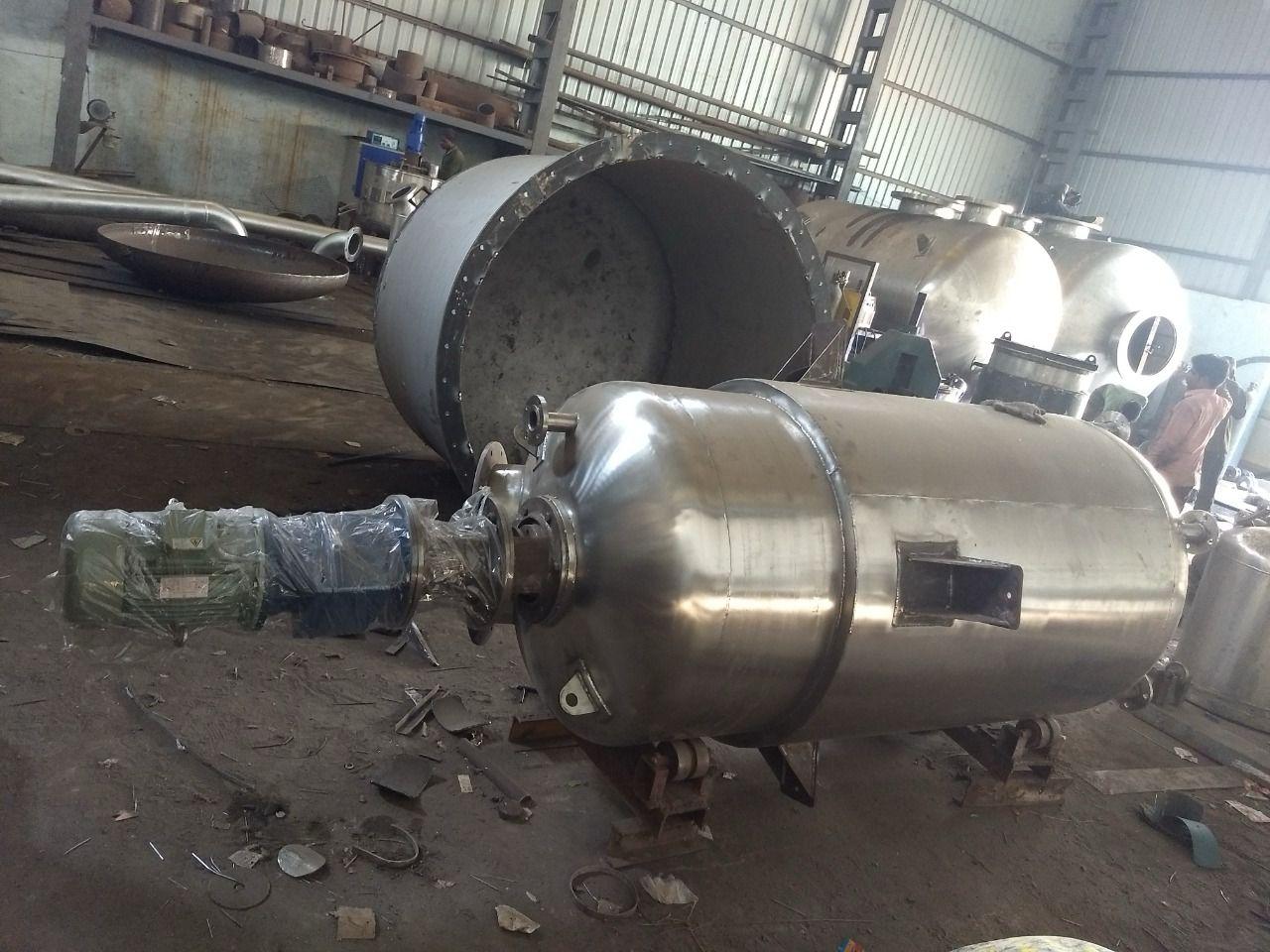
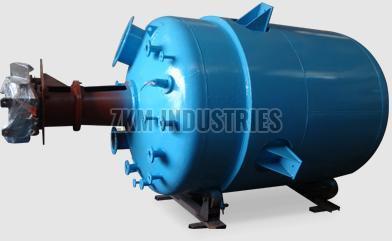
Applications of "Jacketed Vessels" Across Industries Are:
Pharmaceutical Manufacturing
In pharmaceutical processes, maintaining stringent temperature control is mandatory to preserve drug efficacy and stability. Jacketed vessels enable precise heating and cooling during mixing, fermentation, and reaction steps.
Food and Beverage Industry
Products such as sauces, syrups, and dairy require gentle, uniform heating to avoid burning or spoilage. Jacketed vessels provide gentle heat transfer, preserving flavor and texture.
Chemical and Petrochemical Processing
Many chemical reactions are exothermic or endothermic, necessitating tight temperature control. Jacketed vessels support these processes by efficiently managing thermal inputs and outputs.
Key Design Considerations for Maximum Performance:
Proper Sizing and Capacity
Selecting a vessel size tailored to your production volume prevents energy waste and ensures efficient heat transfer. Oversized vessels lead to longer heating times and increased costs.
Optimized Agitation
Integrating effective agitators improves mixing, ensuring uniform temperature distribution throughout the vessel’s contents.
Instrumentation and Automation
Equipping vessels with advanced temperature sensors, flow meters, and automation systems from ZKM Industry allows real-time monitoring and precise control, minimizing human error.
Maintenance Strategies to Sustain Efficiency
Regular Inspection
Frequent checks for corrosion, leaks, and insulation integrity prevent unexpected downtime and energy inefficiencies.
Especially in food and pharmaceutical sectors, maintaining a clean vessel prevents fouling, which can reduce heat transfer efficiency.
Prompt Repairs
Addressing minor damages or insulation degradation immediately avoids compounded energy loss and safety hazards.
Why Choose ZKM Industry’s Jacketed Vessels?
At ZKM Industry, we specialize in engineering customized jacketed vessels designed to meet your precise process requirements. Our vessels feature:
- Advanced thermal jacket designs for superior heat transfer
- Durable, corrosion-resistant materials
- Tailored insulation solutions to minimize thermal loss
- Integration with automation for seamless control
Partnering with ZKM means investing in long-term efficiency, reliability, and compliance with industry standards.
Properly designed jacketed vessels are indispensable for industries demanding precision thermal control, energy efficiency, and product integrity. From pharmaceuticals to petrochemicals, the right vessel design directly impacts your operational success.
With ZKM Industry’s expertise, you gain access to state-of-the-art jacketed vessel solutions tailored to reduce thermal loss, boost efficiency, and enhance productivity. Optimize your processes today by choosing vessels engineered for excellence.
FAQ's:
Q1. What is a jacketed vessel and how does it help with thermal efficiency?
A jacketed vessel is a container with an outer jacket that circulates heating or cooling fluids. This design provides controlled temperature regulation, improving thermal efficiency by minimizing heat loss and ensuring uniform heating or cooling.
Q2. How does insulation affect the performance of a jacketed vessel?
Proper insulation around the jacket prevents heat from escaping into the environment, significantly reducing thermal loss. This leads to energy savings and maintains process temperatures more consistently.
Q3. Which jacket type offers the best heat transfer efficiency?
Dimple jackets are widely regarded for their superior heat transfer efficiency due to increased turbulence in the heating/cooling fluid, maximizing surface contact and reducing fluid volume requirements.
Q4. Can jacketed vessels be customized for different industrial applications?
Yes, manufacturers like ZKM Industry offer customized solutions tailored to specific process needs, including fluid type, temperature ranges, material compatibility, and agitation requirements.
Q5. What materials are typically used for jacketed vessels to resist corrosion?
Stainless steel grades such as SS304 and SS316 are commonly used due to their excellent corrosion resistance and durability in various industrial environments.
Q6. How often should jacketed vessels be inspected and maintained?
Routine inspection every 3 to 6 months is recommended to check for insulation integrity, corrosion, and leaks. Regular cleaning also ensures optimal heat transfer and product quality.

